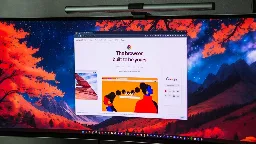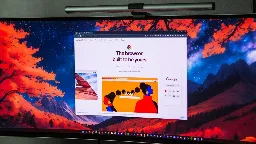Google pulls the plug on uBlock Origin, leaving over 30 million Chrome users susceptible to intrusive ads
Google pulls the plug on uBlock Origin, leaving over 30 million Chrome users susceptible to intrusive ads

Google pulls the plug on uBlock Origin, leaving over 30 million Chrome users susceptible to intrusive ads

Google's campaign against ad blockers across its services just got more aggressive. According to a report by PC World, the company has made some alterations to its extension support on Google Chrome.
Google Chrome recently changed its extension support from the Manifest V2 framework to the new Manifest V3 framework. The browser policy changes will impact one of the most popular adblockers (arguably), uBlock Origin.
The transition to the Manifest V3 framework means extensions like uBlock Origin can't use remotely hosted code. According to Google, it "presents security risks by allowing unreviewed code to be executed in extensions." The new policy changes will only allow an extension to execute JavaScript as part of its package.
Over 30 million Google Chrome users use uBlock Origin, but the tool will be automatically disabled soon via an update. Google will let users enable the feature via the settings for a limited period before it's completely scrapped. From this point, users will be forced to switch to another browser or choose another ad blocker.


